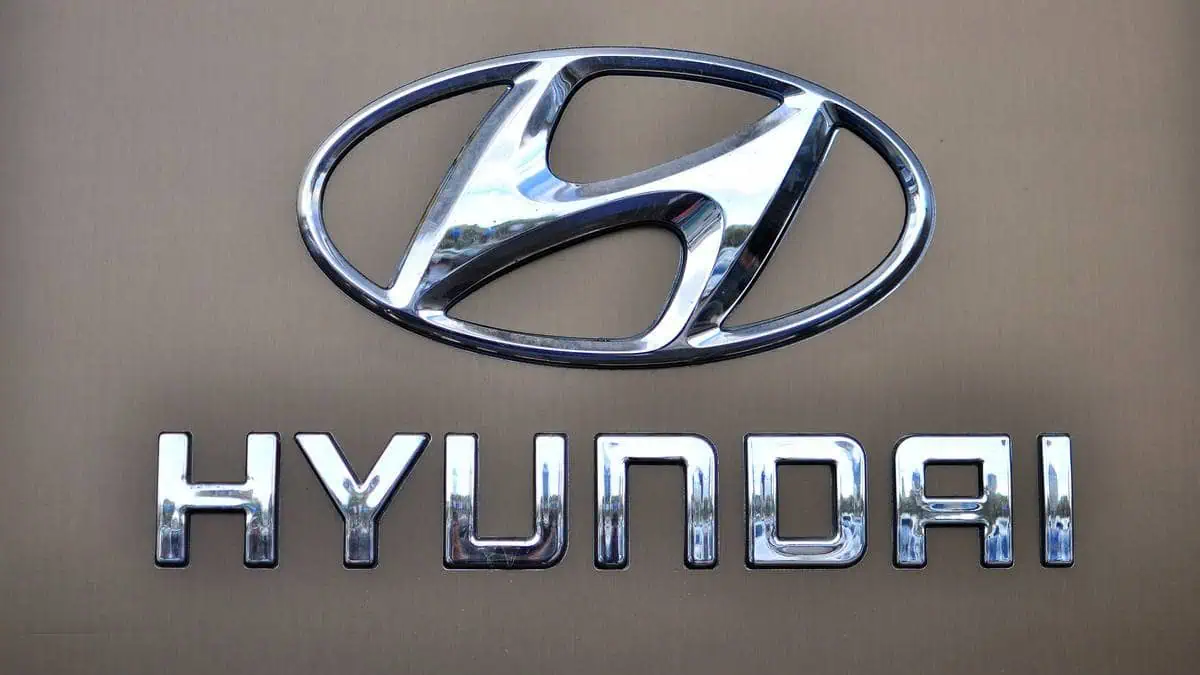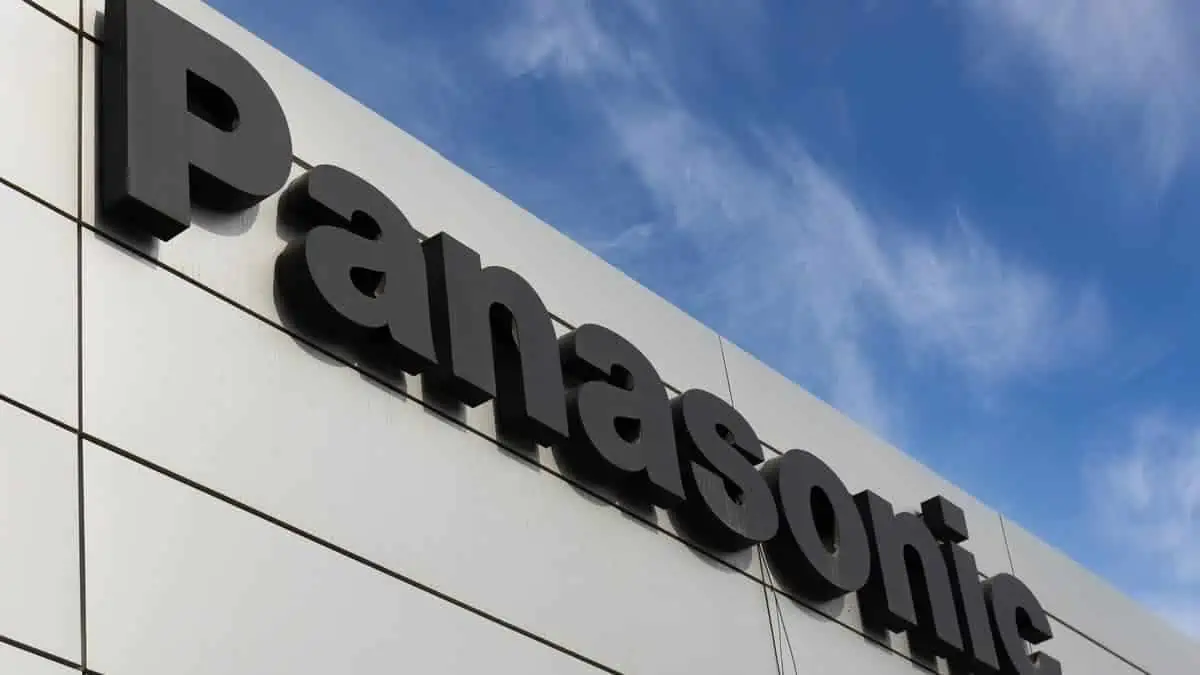South Korean automaker Hyundai had no choice but to establish a local car and battery production in North America to gain access to the Inflation Reduction Act’s electric vehicle incentives, TechXplore reports.
Hyundai President and Global Chief Operating Officer Jose Munoz told the media in Atlanta that the company is “rushing” to launch its production at the $7.6 billion Georgia factory.
Notably, Hyundai President made the comments after the formal signing of its collaboration with Georgia Tech for hydrogen-fueled vehicle research.
Local production advantages
Hyundai Group initially expressed disappointment towards the implementation of the Inflation Reduction Act. It contends that the legislation is unfair to automakers that rely on imports for power batteries and vehicles beyond the region.
For context, the IRA offers significant tax credits for eligible EV models by up to $7,500. However, automakers must produce the vehicles and batteries domestically to qualify.
Nonetheless, automakers importing their EV offerings, like Hyundai, can still benefit from the policy through leasing regardless of the cars’ origin. Dealers can apply for this lease credit to lower buyers’ monthly payments.
In that sense, President Munoz provided figures to demonstrate that the Group has the second-largest number of EV sales/leases in the US in H1 2023, trailing behind industry leader Tesla.
Despite that, the IRA still prompted the South Korean automaker to establish a local production immediately. According to President Munoz, the automaker is accelerating the development of the factory to finally start operation by next year.
“What we decided is to double down. We try to accelerate as much as possible, the project. And we are confident that the original date of January 2025 would be probably pulled ahead maybe three months or so. If we can, even more.”
Jose Munoz, Hyundai President and Global Chief Operating Officer
Investment boost
Hyundai and its battery partner LG Energy Solution boosted their total investment in local battery production by another $2 billion.
They also committed to raising employment opportunities with another 400 job positions to a total of 8,500 in the area.
“More and more the jobs we’re bringing are highly skilled, highly qualified. If you see how our plant is going to operate, it’s like a lab. So we need a lot of young talented people.”
Jose Munoz, Hyundai President and Global Chief Operating Officer
Hyundai’s President asserted that the US investment will significantly aid the automaker to accelerate battery production in Ellabell than initial plans.
It expects the factory to hit a production output of 300,000 battery packs for Hyundai’s EVs.
“We would like to ensure that the sourcing of the batteries is 100% US in order to comply with the IRA.”
Jose Munoz, Hyundai President and Global Chief Operating Officer
What’s next?
Apart from the EV and battery production in the Georgia factory, President Munoz also shared the company’s interest in fuel-heavy-duty trucks and long-range fuel cell vehicles.
“So, battery EV is great for passenger cars and commuting, but the fuel cell EVs, based off of hydrogen, are the best technology we see for a heavy duty and then a very long range.”
Jose Munoz, Hyundai President and Global Chief Operating Officer
It trusts partner Georgia Tech to reach new heights in its research initiatives in hydrogen technology and aid the company in exploring advancements in this field.
Hyundai’s move to establish a full EV and battery production in the US is crucial to gaining access to $2.1 billion in state and local tax credits. In return, it commits to offer an annual worker salary payment of $58,105 (plus benefits) on average.






